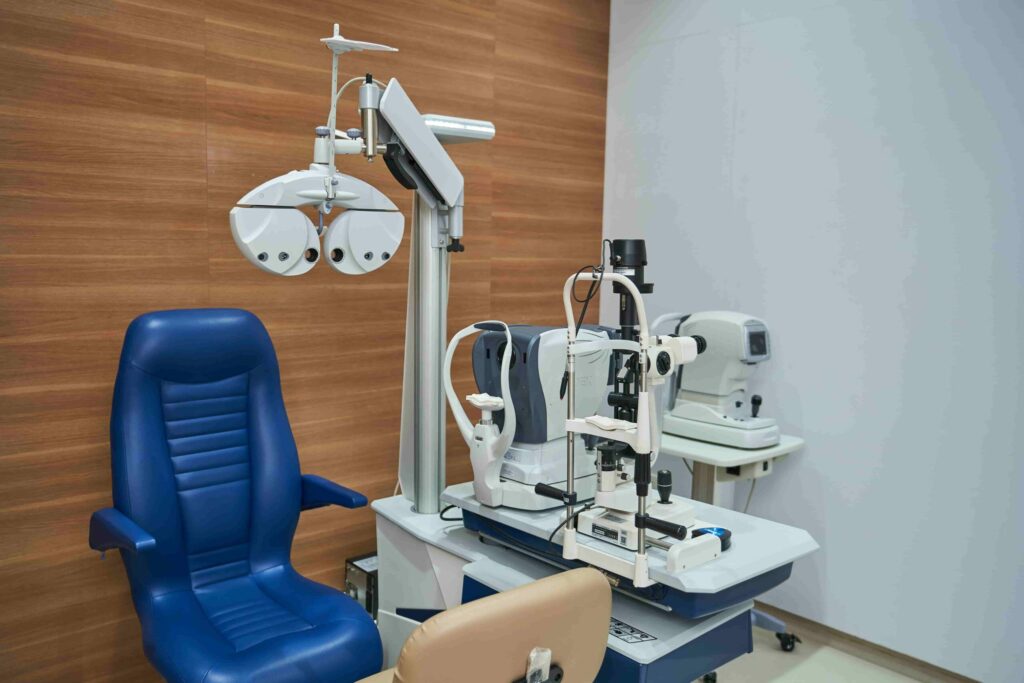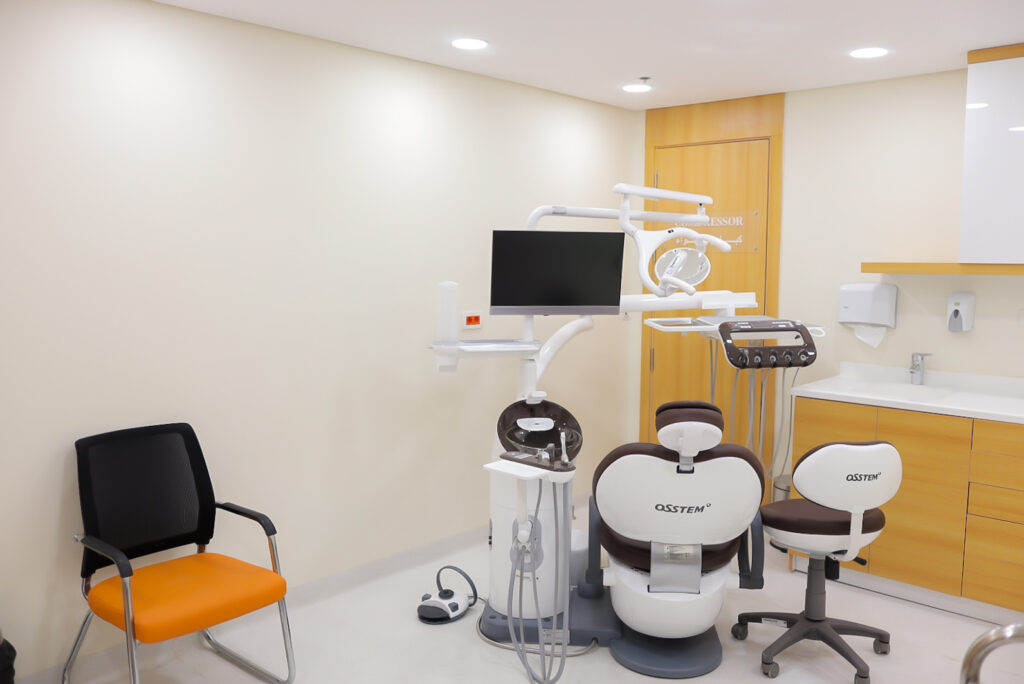Medical specialties
From a skin rash you’re unsure about, to questions about your mental health, our top doctors in more than 28 specialties are here to help with most medical concerns in our medical centers or by call.
Vascular surgery
Heart and vascular system surgeries
Vascular surgery is a surgical subspecialty in which diseases of the vascular system, or arteries, veins and lymphatic circulation, are managed by medical therapy, minimally-invasive catheter procedures, and surgical reconstruction.
Urology
Urinary and kidneys disorders
Urology is a part of health care that deals with diseases of the male and female urinary tract (kidneys, ureters, bladder and urethra). It also deals with the male organs that are able to make babies (penis, testes, scrotum, prostate, etc.).
Rheumatology
Immune system disorders
Rheumatology is a branch of medicine devoted to the diagnosis and therapy of rheumatic diseases. Many of these diseases are now known to be disorders of the immune system. Rheumatology is considered to be the study and practice of medical immunology.
Radiology
Medical imaging
Radiology is the medical discipline that uses medical imaging to diagnose and treat diseases within the bodies of humans.
Psychiatry
Mental health
Psychiatry is the medical specialty devoted to the diagnosis, prevention, and treatment of mental disorders. These include various maladaptations related to mood, behaviour, cognition, and perceptions.
Physiotherapy
Physiotherapy is treatment to restore, maintain, and make the most of a patient’s mobility, function, and well-being. Physiotherapy helps through physical rehabilitation, injury prevention, and health and fitness. Physiotherapists get you involved in your own recovery.
Pediatrics
Children and newborns health
Paediatrics is the branch of medicine that involves the medical care of infants, children, and adolescents. The American Academy of Pediatrics recommends people seek pediatric care through the age of 21.
Pediatric Surgery
Children surgeries
Pediatric surgery is a subspecialty of surgery involving the surgery of fetuses, infants, children, adolescents, and young adults.
Pediatric Hematology
Children's blood disorders
A pediatric hematologist/oncologist is a physician who has special training and experience to diagnose and treat blood disorders and cancers in children, teens, and young adults.
Pediatric Endocrinology
Children's hormonal disorders
Pediatric endocrinologists diagnose, treat, and manage hormonal disorders including the following:
Growth problems, such as short stature
Early or delayed puberty
Enlarged thyroid gland (goiter)
Underactive or overactive thyroid gland
Pituitary gland hypo/hyper function
Adrenal gland hypo/hyper function
Ambiguous genitals/intersex
Ovarian and testicular dysfunction
Diabetes
Low blood sugar (hypoglycemia)
Obesity
Problems with Vitamin D (rickets, hypocalcemia)
title
description
Our medical centers

Dar Al Fouad Hospital, Youssef Abbas, Nasr City, Cairo
| Monday | 12:00 PM — 10:00 PM |
| Tuesday | 12:00 PM — 10:00 PM |
| Wednesday | 12:00 PM — 10:00 PM |
| Thursday | 12:00 PM — 10:00 PM |
| Friday | Closed |
| Saturday | 12:00 PM — 10:00 PM |
| Sunday | 12:00 PM — 10:00 PM |

48 Abdel Moneim Reyad st, El, Agouza, Cairo
| Monday | 12:00 PM — 10:00 PM |
| Tuesday | 12:00 PM — 10:00 PM |
| Wednesday | 12:00 PM — 10:00 PM |
| Thursday | 12:00 PM — 10:00 PM |
| Friday | Closed |
| Saturday | 12:00 PM — 10:00 PM |
| Sunday | 12:00 PM — 10:00 PM |

Plot No. 345 El Guish Road, Saba Pasha, Qesm, El Raml 1, Alexandria
| Monday | 12:00 PM — 10:00 PM |
| Tuesday | 12:00 PM — 10:00 PM |
| Wednesday | 12:00 PM — 10:00 PM |
| Thursday | 12:00 PM — 10:00 PM |
| Friday | Closed |
| Saturday | 12:00 PM — 10:00 PM |
| Sunday | 12:00 PM — 10:00 PM |

Sixth District, Al-Makhayam Al-Da'im Street, Nasr City, Cairo
| Monday | 12:00 PM — 10:00 PM |
| Tuesday | 12:00 PM — 10:00 PM |
| Wednesday | 12:00 PM — 10:00 PM |
| Thursday | 12:00 PM — 10:00 PM |
| Friday | Closed |
| Saturday | 12:00 PM — 10:00 PM |
| Sunday | 12:00 PM — 10:00 PM |

23 B, St 255, Degla Maadi, Cairo
| Monday | 9:00 AM — 11:30 PM |
| Tuesday | 9:00 AM — 11:30 PM |
| Wednesday | 9:00 AM — 11:30 PM |
| Thursday | 9:00 AM — 11:30 PM |
| Friday | 2:00 AM — 10:00 PM |
| Saturday | 9:00 AM — 11:30 PM |
| Sunday | 9:00 AM — 11:30 PM |

Park St. Mall, 17 Al-Bostan street, First Floor, Al Sheikh Zayed, Giza
| Monday | 9:00 AM — 11:30 PM |
| Tuesday | 9:00 AM — 11:30 PM |
| Wednesday | 9:00 AM — 11:30 PM |
| Thursday | 9:00 AM — 11:30 PM |
| Friday | 2:00 AM — 10:00 PM |
| Saturday | 9:00 AM — 11:30 PM |
| Sunday | 9:00 AM — 11:30 PM |

6 Baghdad Street, Al-Korba, Heliopolis, Cairo
| Monday | 9:00 AM — 11:30 PM |
| Tuesday | 9:00 AM — 11:30 PM |
| Wednesday | 9:00 AM — 11:30 PM |
| Thursday | 9:00 AM — 11:30 PM |
| Friday | 2:00 AM — 10:00 PM |
| Saturday | 9:00 AM — 11:30 PM |
| Sunday | 9:00 AM — 11:30 PM |

O1 Mall - Mohammed Nagib Axis
| Monday | 9:00 AM — 11:30 PM |
| Tuesday | 9:00 AM — 11:30 PM |
| Wednesday | 9:00 AM — 11:30 PM |
| Thursday | 9:00 AM — 11:30 PM |
| Friday | 2:00 AM — 10:00 PM |
| Saturday | 9:00 AM — 11:30 PM |
| Sunday | 9:00 AM — 11:30 PM |